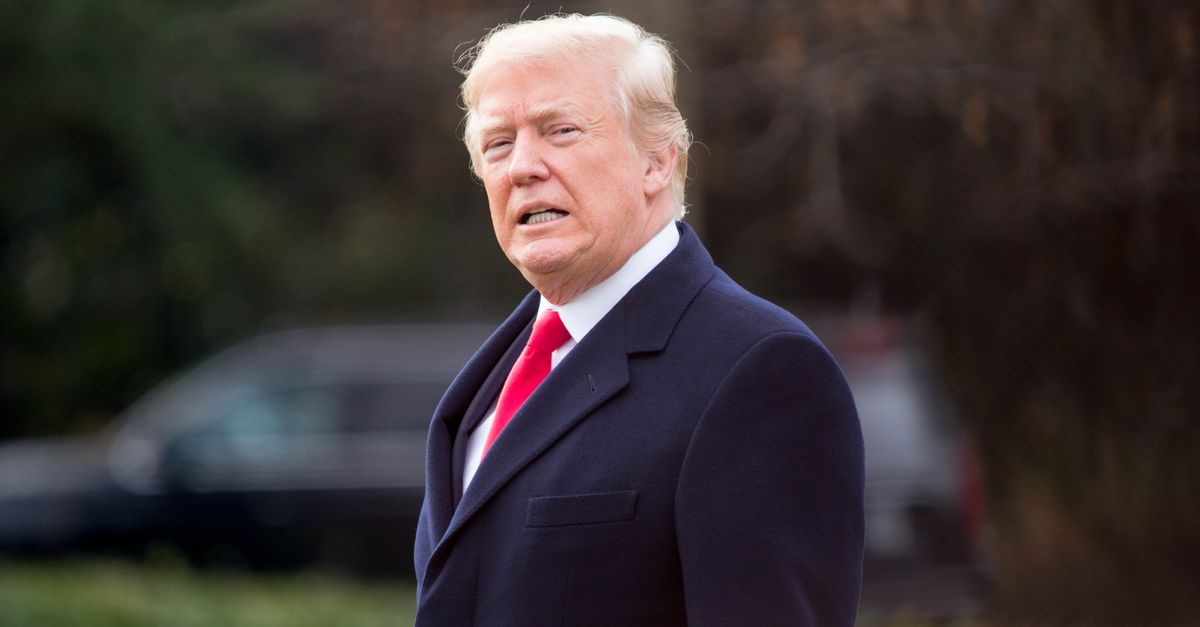A 29 January 2018 deadline has passed without the Trump administration using the authority granted in legislation signed by the president last August to impose new sanctions on Russia for meddling in the 2016 United States presidential election.
The State Department instead released a statement saying that the legislation itself (the Countering America's Adversaries Through Sanctions Act, or CAATSA) is already having the desired effect of deterring Russian interference, directly contradicting CIA reports warning that it has not abated.
"Today, we have informed Congress that this legislation and its implementation are deterring Russian defense sales," State Department spokesperson Heather Nauert said in the 29 January announcement:
Since the enactment of the CAATSA legislation, we estimate that foreign governments have abandoned planned or announced purchases of several billion dollars in Russian defense acquisitions.
As to when the State Department does plan on using its sanction powers under CAATSA, a spokesperson said that as long as the law is working by denying Russia the proceeds of military intelligence and equipment sales to other countries, "sanctions on specific entities or individuals will not need to be imposed because the legislation is, in fact, serving as a deterrent."
Trump scoffed at the 2017 legislation even as he signed it into law, calling it "seriously flawed" and saying it "encroaches on the executive branch’s authority to negotiate."
Trump has also repeatedly scoffed at the assessment of multiple U.S. intelligence agencies to the effect that Russia meddled in the U.S. election. Multiple investigations into possible collusion between Russian officials and the Trump presidential campaign in that regard are ongoing.
The leaders of the U.S. Senate Intelligence Committee warned as recently as last October that Russian election interference is ongoing and should be expected to continue into 2018. "There needs to be a more aggressive whole-of-government approach in terms of protecting our electoral system," Sen. Mark Warner (D-Virginia) said at the time.
The Trump administration has evidently decided, at least for now, that imposing new sanctions on Russia will not be part of that effort.
For its part, the State Department says it does not "preview" its sanctions actions in advance. "When and if we have sanctions to announce," its 29 January statement said, "we will do so."
